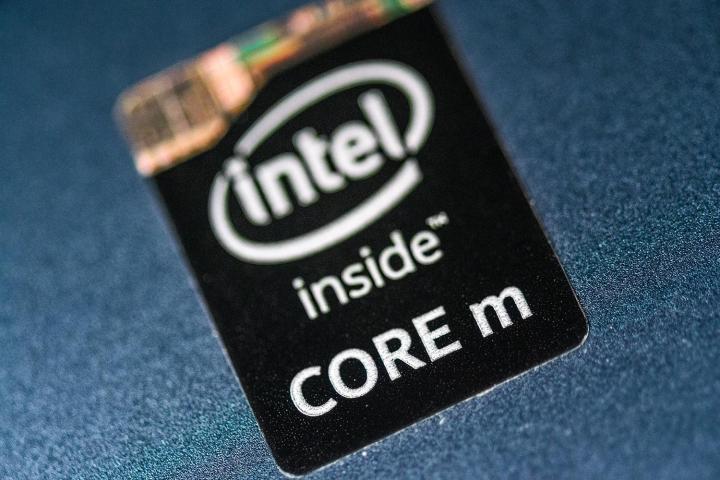
“Intel is committed to increase the diversity of our workforce,” the chipmaker explained in a related statement. “We are currently offering our employees an additional incentive to help us attract diverse qualified candidates in a competitive environment for talent.”
Despite the vast resources the tech industry has poured into diversity hiring, the employee landscape remains remarkably gender imbalanced. When it comes to technical roles, only 26 percent are filled by women, and at large companies, the proportion is even lower. Only 18 percent of LinkedIn and Google’s engineering roles are held by women, and Apple is barely better at 20 percent.
And while Intel’s efforts to bring more women, minorities, and veterans into the fold is certainly laudable, another seriously unaddressed problem is present in the lack of non-white-male-founded startups. As CNET reports, “Today only 1 percent of venture-capital backed startups are led by an African-American, and only 3 percent of startups are founded by women.” And unfortunately, it’s unlikely that recruitment money will be enough to really make an impact in that scene.
Luckily, Intel has also promised $125 million to fund their Capital Diversity Fund in order to raise money for minority-led startups over the course of the next five years, and other companies have invested in similar efforts to not only change the demographics of their own company, but of the field as a whole.
It’s an uphill battle to be sure, but one that is slowly gaining more and more traction. And with companies like Intel leading the way, we can hope that the future for women and minorities in tech will be brighter than the present.


